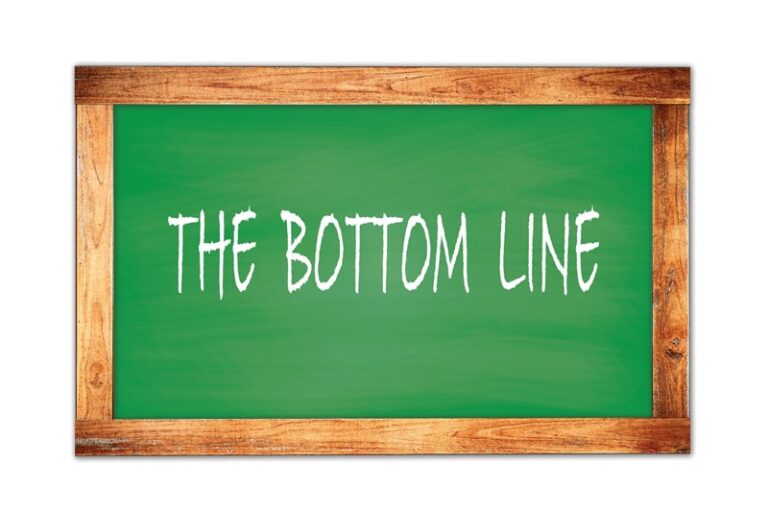Focus on bottom line
Most dictionaries define “bottom line” as “the most important thing to consider”.
In financial circles it’s taken to mean a focus on profitability (the last line on a P&L

Most dictionaries define “bottom line” as “the most important thing to consider”.
In financial circles it’s taken to mean a focus on profitability (the last line on a P&L

It’s the directors’ responsibility to file their company’s accounts, and make sure they’re filed on time. It’s important to understand your role and how late filing could affect your company.
Missing

In some respects, the Chancellor’s predicament is deserving of a sympathetic ear; its as if he has a long journey ahead but has one foot firmly nailed to the floor.
Stagnant growth in the UK and

The Economic Crime and Corporate Transparency Act received royal assent on 26 October 2023. The new Act provides Companies House with more power to reduce the abuse of corporate structures whilst at

In the Autumn Statement it was announced that the existing R&D Expenditure Credit and Small and Medium Enterprise Scheme will be merged from April 2024.
It was also confirmed that there will be

The Enterprise Investment Scheme (EIS) is designed to help smaller higher-risk trading companies to raise finance by offering a range of tax reliefs to investors who purchase new shares in those

The Corporation Tax main rate for companies with profits in excess of £250,000 increased to 25% on 1 April 2023. A Small Profits Rate (SPR) of 19% was also introduced from the same date for companies

In the recent Autumn Statement, the Chancellor announced a significant change to National Insurance contributions (NIC) for employees.
There will be a cut in the main rate of Employee National

In the recent Autumn Statement, the Chancellor announced two important changes to National Insurance contributions (NIC) for the self-employed.
The first change concerns the removal of Class 2 NICs

To be a director, you must be over 16 and not currently disqualified.
As a director your responsibilities include:
filing your company’s annual accounts and reports or appoint an accountant to do

LIVING UP TO OUR NAME